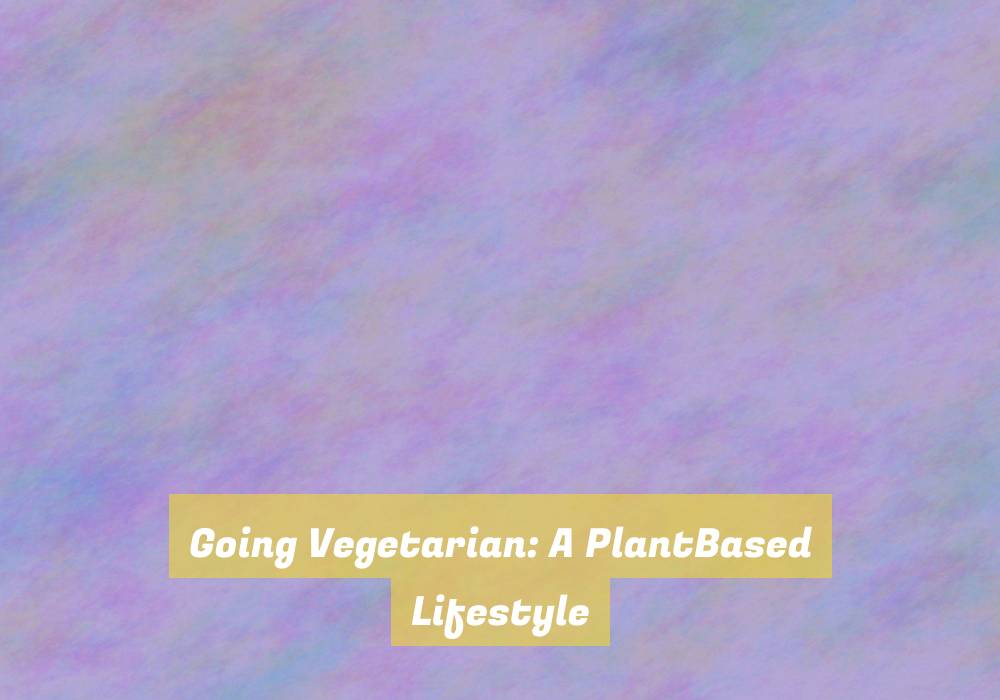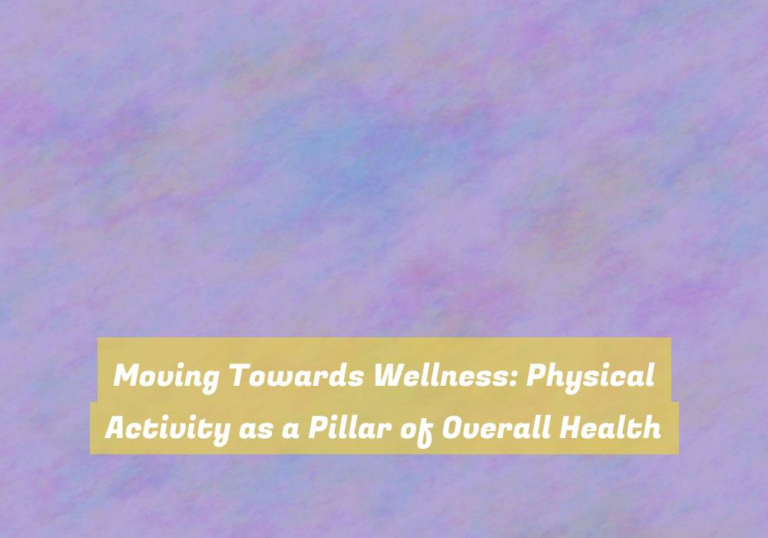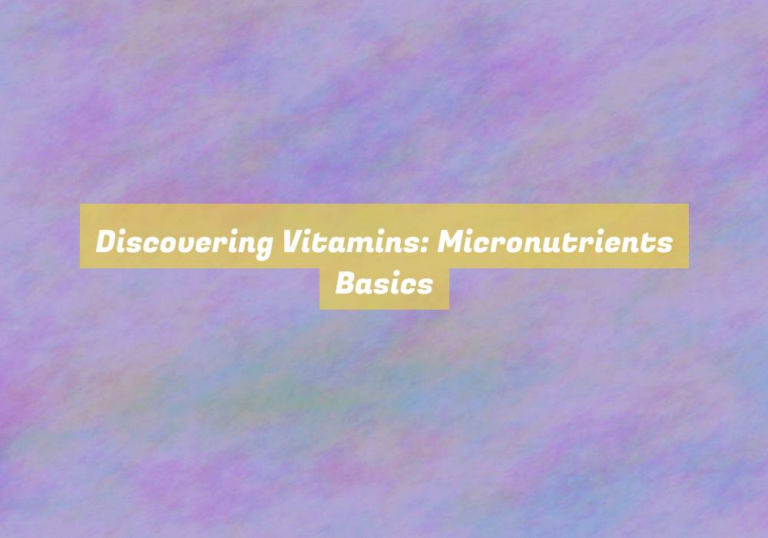Going Vegetarian: A PlantBased Lifestyle
Considering a shift towards a plant-based lifestyle?
The prospect of pursuing a vegetarian path may seem daunting, but the benefits are bountiful. Whether youG??re motivated by health, environmental, or ethical reasons, embracing a plant-based diet can lead to positive changes in various aspects of your life.
From enhancing your well-being to reducing your carbon footprint, thereG??s much to explore and discover on this green journey.
Health Benefits of Vegetarianism
Embracing a vegetarian lifestyle can lead to numerous health benefits, including a reduced risk of heart disease and lower blood pressure. By focusing on a diet rich in fruits, vegetables, whole grains, and legumes, you can significantly improve your overall well-being. The abundance of fiber and antioxidants in these plant-based foods can help lower cholesterol levels, decrease inflammation, and support healthy weight management.
In addition to reducing the risk of heart disease, a vegetarian diet has also been associated with a decreased likelihood of developing type 2 diabetes. The emphasis on complex carbohydrates, such as those found in whole grains and starchy vegetables, can help regulate blood sugar levels and improve insulin sensitivity.
Furthermore, by eliminating red and processed meats from your diet, you can lower your intake of saturated fats and potentially reduce the risk of certain types of cancer. The high levels of phytonutrients and vitamins in plant-based foods also provide essential nutrients for maintaining a strong and resilient immune system.
Making the switch to a vegetarian lifestyle can have a transformative impact on your health, offering a pathway to long-term well-being.
Transitioning to a Plant-Based Diet
Transitioning to a plant-based diet can be a gradual process of incorporating more fruits, vegetables, whole grains, and legumes into your meals while reducing or eliminating animal products.
Start by making small changes, like having a meatless Monday or swapping dairy milk for plant-based alternatives.
Fill your plate with a variety of colorful vegetables and experiment with different plant-based protein sources such as tofu, tempeh, and lentils.
Explore new recipes and gradually reduce the portion sizes of animal products while increasing the plant-based elements.
ItG??s important to educate yourself about the nutritional needs of a plant-based diet to ensure youG??re getting enough protein, iron, calcium, and vitamin B12.
Consider seeking guidance from a nutritionist or dietitian to help you plan balanced meals and address any concerns.
Sustainable Living and Environmental Impact
Considering the impact of your dietary choices on the environment is an essential aspect of adopting a plant-based lifestyle. By choosing plant-based foods, you can significantly reduce your environmental footprint. Animal agriculture is a major contributor to deforestation, water pollution, and greenhouse gas emissions. The land, water, and resources required to raise animals for food are substantially greater than those needed for plant-based agriculture. Opting for a plant-based diet can help conserve water, reduce greenhouse gas emissions, and minimize habitat destruction.
Furthermore, the production of plant-based foods generally requires less energy and resources compared to animal-based products. By consuming a variety of fruits, vegetables, grains, and legumes, you can help minimize the environmental impact of food production. Additionally, supporting local and organic produce can further reduce the carbon footprint of your diet.
Practical Tips and Delicious Recipes
Looking for practical tips and delicious recipes to support your plant-based lifestyle?
Making the switch to a plant-based diet can be exciting and rewarding, and there are plenty of ways to make it enjoyable and sustainable.
When it comes to practical tips, meal planning is key. Take some time at the beginning of each week to plan your meals and snacks. This wonG??t only save you time and money but also ensure that you have a variety of nutritious options at your fingertips. Stock up on a wide range of fruits, vegetables, whole grains, legumes, nuts, and seeds so that you always have plenty of options to choose from.
In terms of delicious recipes, there are countless plant-based dishes that are both nutritious and satisfying. Experiment with different cuisines and flavors to keep things interesting. From hearty lentil soups to vibrant buddha bowls and flavorful veggie stir-fries, there are endless possibilities to explore. DonG??t be afraid to get creative in the kitchen and try out new ingredients.
With a little creativity and exploration, youG??ll discover a whole new world of delicious, plant-based meals.
Conclusion
So, if youG??re ready to make the switch to a plant-based lifestyle, go for it! The health benefits are undeniable, and there are so many delicious recipes and resources available to help you make the transition.
Not only will you be taking care of your own well-being, but youG??ll also be contributing to a more sustainable and environmentally-friendly way of living.
So why wait? Start your vegetarian journey today and reap the rewards for yourself and the planet.






